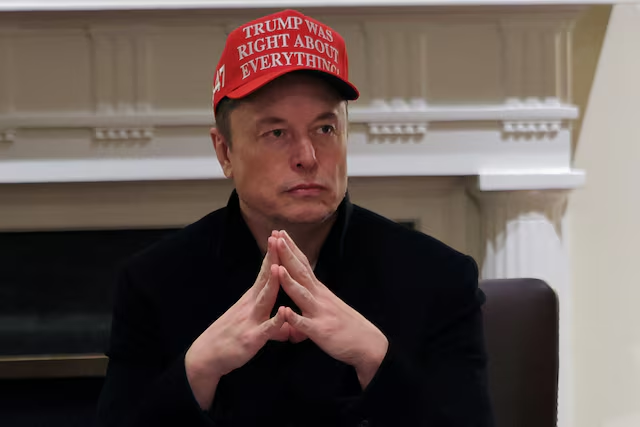Tesla’s board has reaffirmed its support for CEO Elon Musk amid growing concerns among investors regarding his recent absences, divisive political affiliations, and Tesla’s declining performance in the electric vehicle (EV) sector. The statement followed a report suggesting internal discussions had occurred about potentially replacing Musk—claims that board chair Robyn Denholm firmly denied, insisting the board retains full confidence in his leadership and vision for the company’s growth.
Musk’s increasingly visible alignment with Republican political figures, particularly former President Donald Trump, has strained Tesla’s appeal with its traditionally liberal consumer base, especially in markets like Europe. While Musk manages several companies simultaneously, his recent focus has shifted toward politics and broader ventures in AI and robotics, leaving shareholders uneasy about Tesla’s future.
Tesla’s valuation continues to depend heavily on expectations surrounding innovations like autonomous driving and humanoid robotics—technologies Musk has promoted but not yet delivered. Analysts estimate these promises account for a significant portion of the company’s market value, which far exceeds what its current financials justify. Despite increased competition in the EV space, especially from Chinese manufacturers like BYD, Musk has remained the central figure driving investor enthusiasm.
Behind the scenes, executives and insiders have for years encouraged Musk to appoint a strong operational leader—similar to SpaceX’s structure where President Gwynne Shotwell handles day-to-day operations. However, Musk has repeatedly declined to do so at Tesla. Any potential successor would not only need to manage the complexities of Tesla’s business but also contend with Musk’s ongoing presence as the largest shareholder and a dominant public persona.
Tesla has experienced a wave of executive departures recently, many stemming from internal disagreements about shifting focus from EVs to AI and autonomous technology. While some voiced their concerns to the board, Musk’s strategic direction prevailed.
Investors recognize the risk of replacing Musk. Figures like Gene Munster and Brian Mulberry agree that his unique brand and innovation-driven leadership are deeply intertwined with Tesla’s identity and market value. Still, others argue that the company might benefit from more structured and execution-focused leadership.
With sales down and competition surging, the immediate challenge lies not in further innovation but in delivering on existing promises. Whether Tesla can balance Musk’s visionary role with the operational rigor needed for sustained growth remains a pressing question.
READ MORE:
